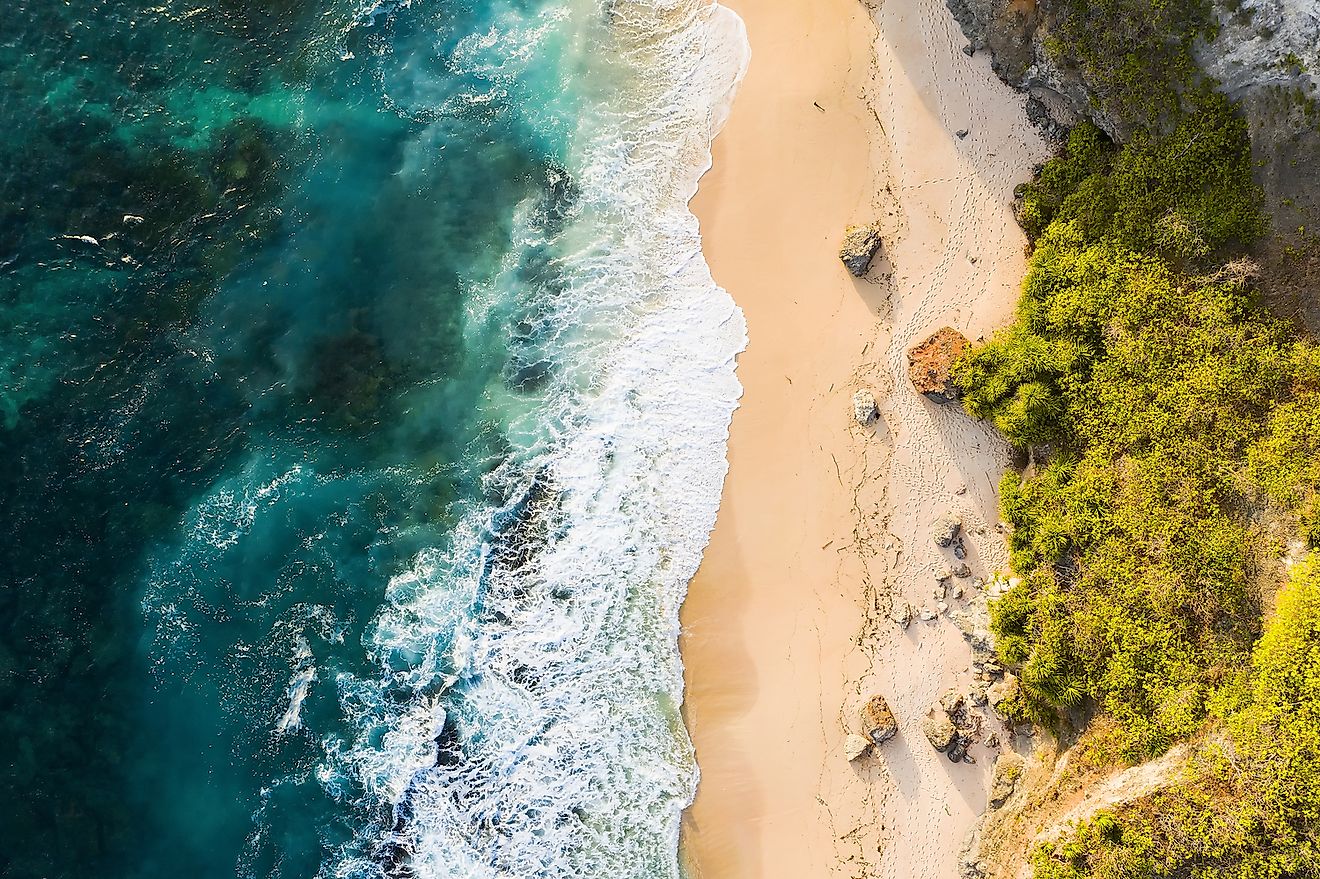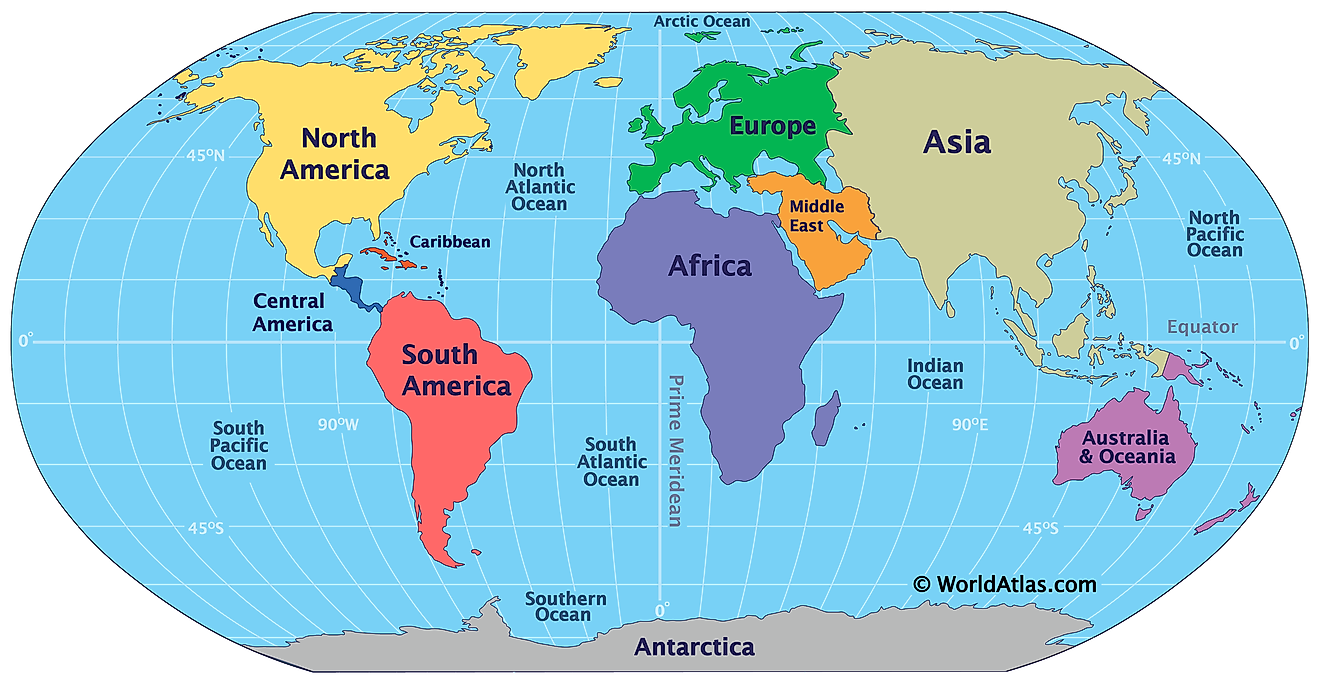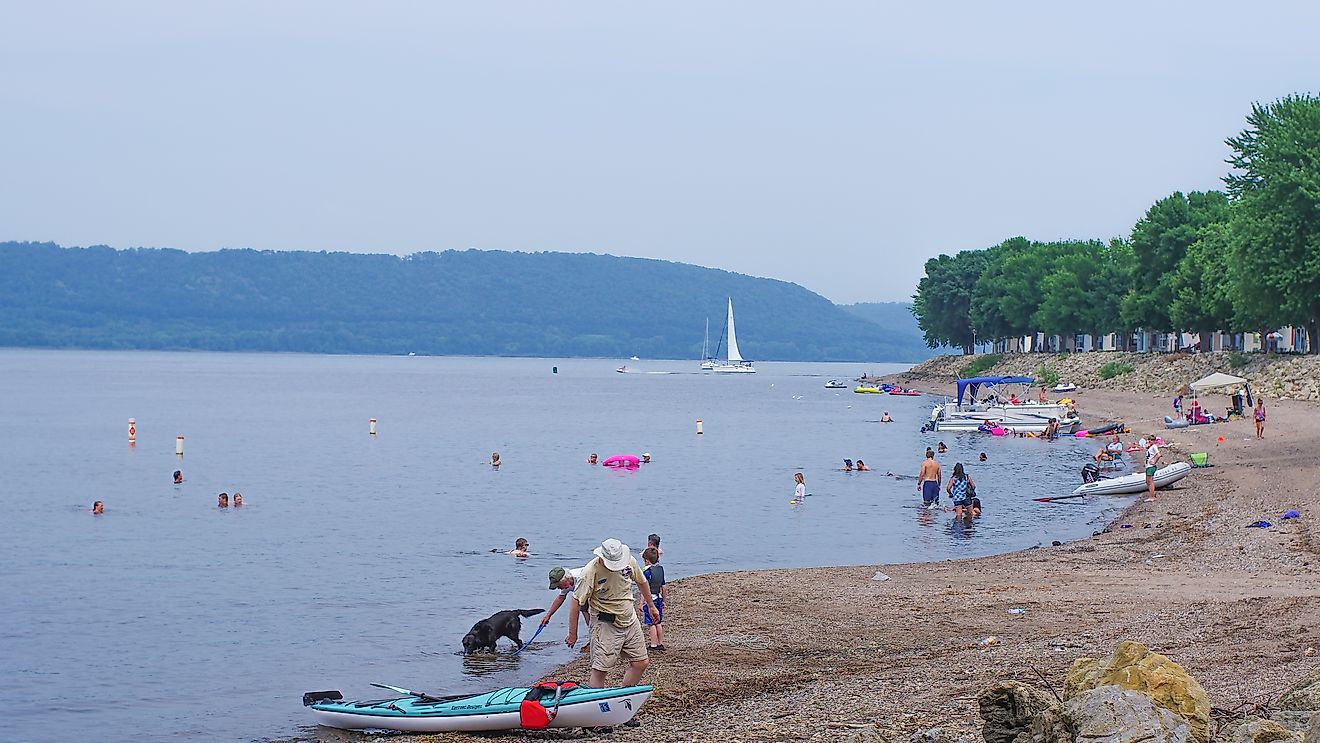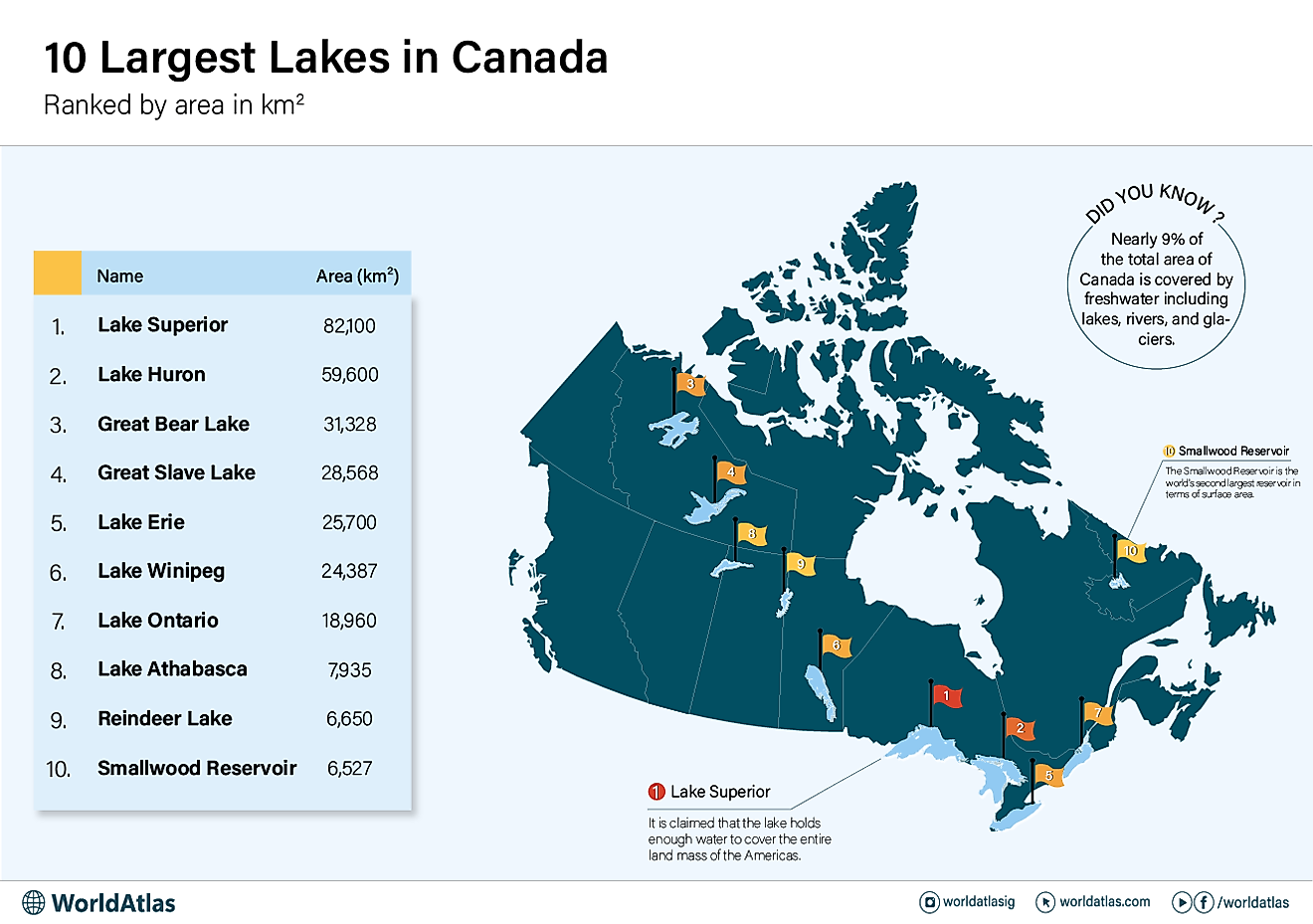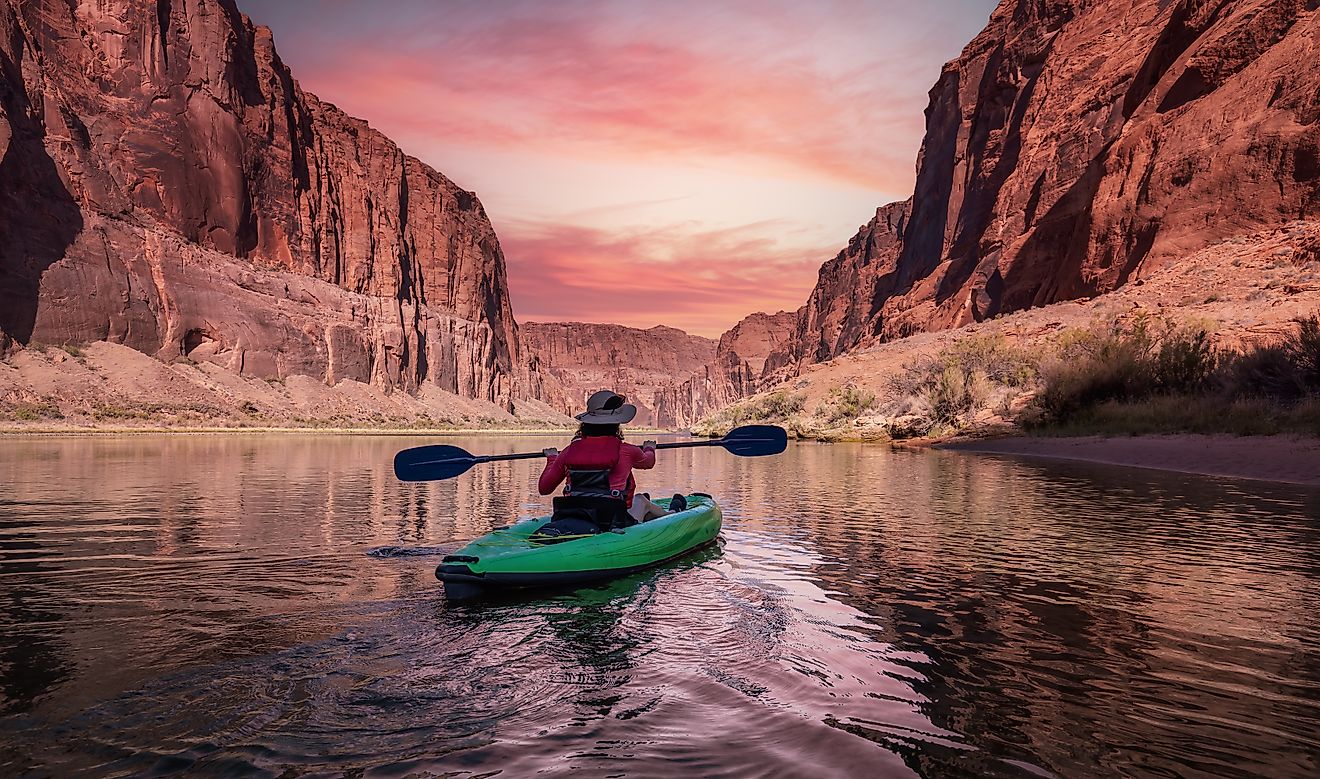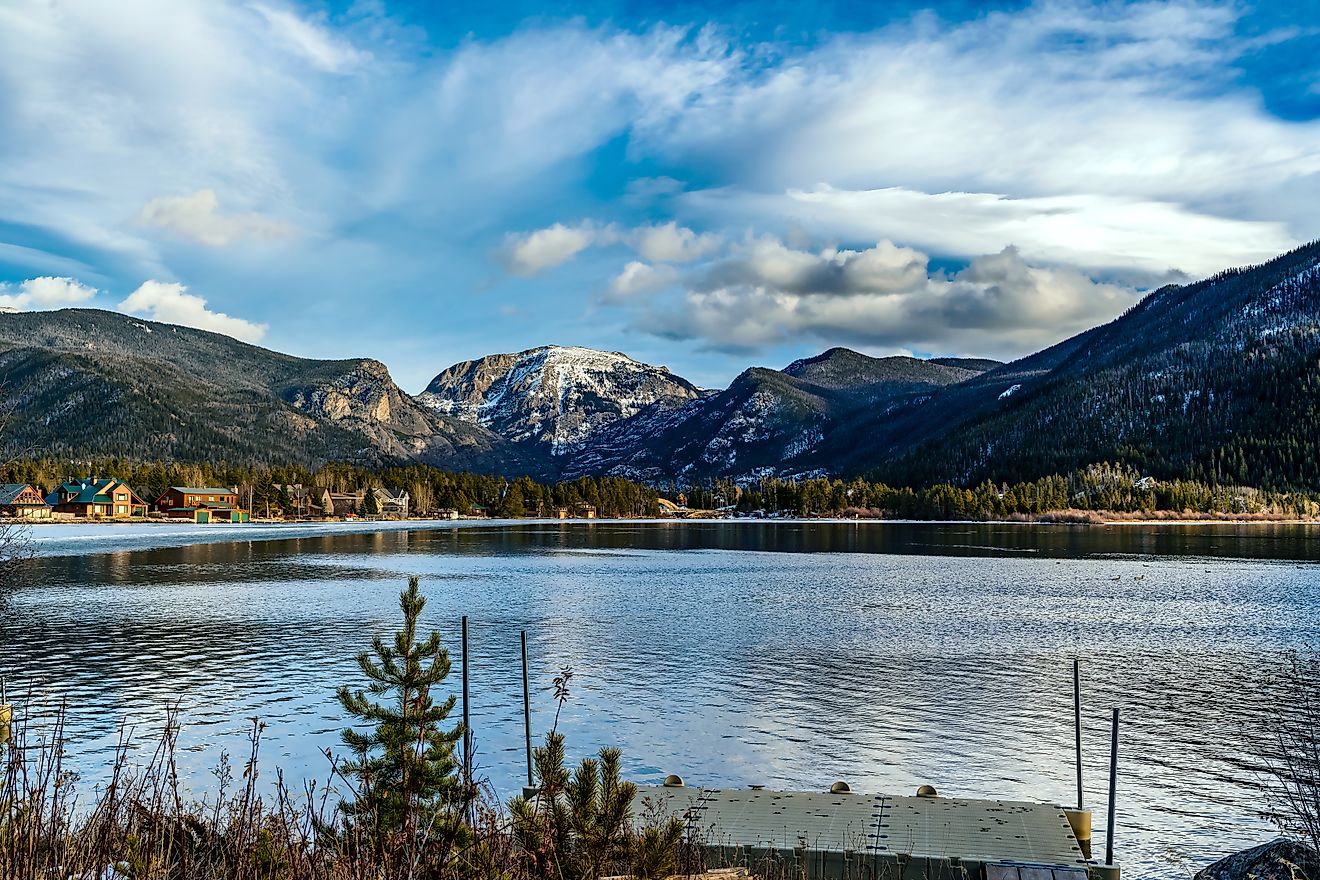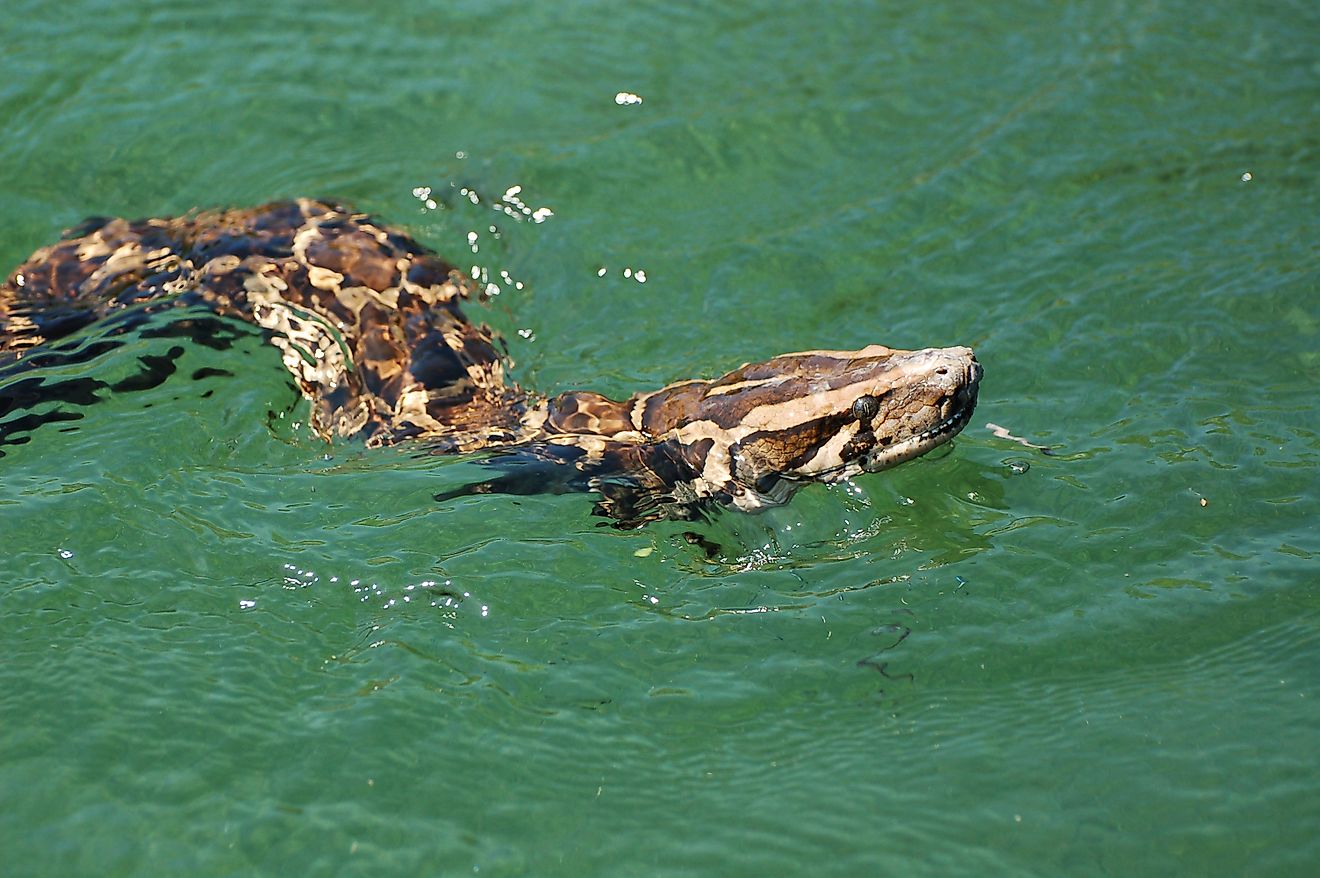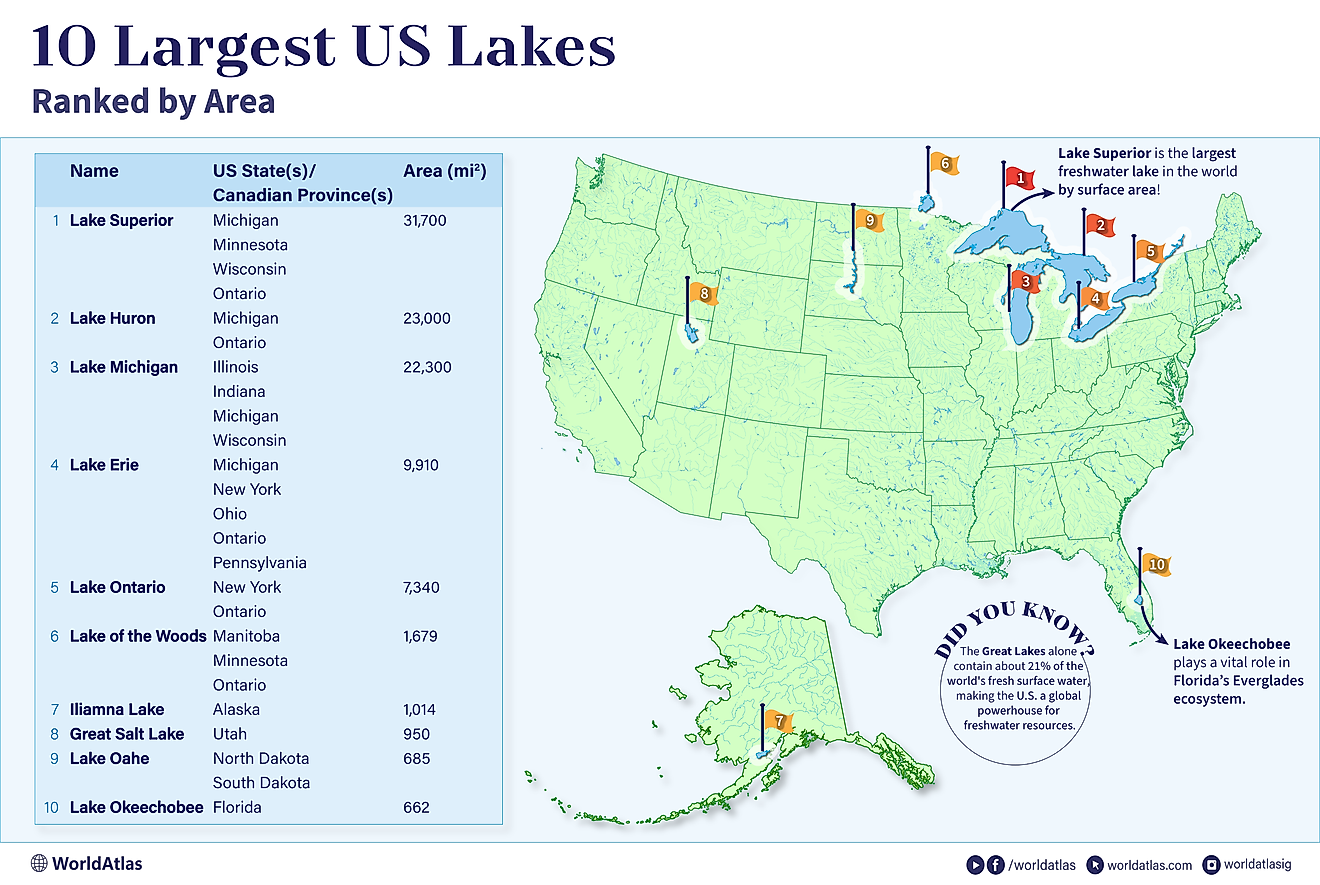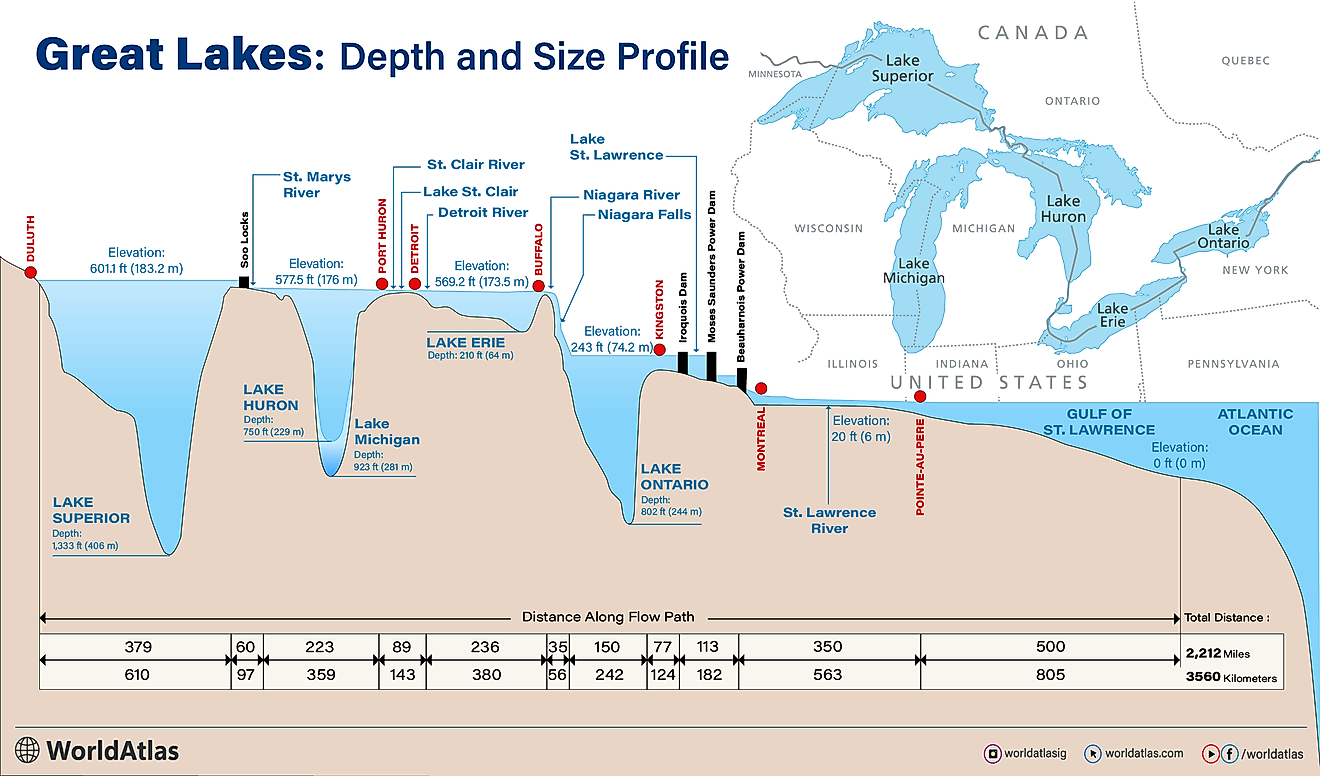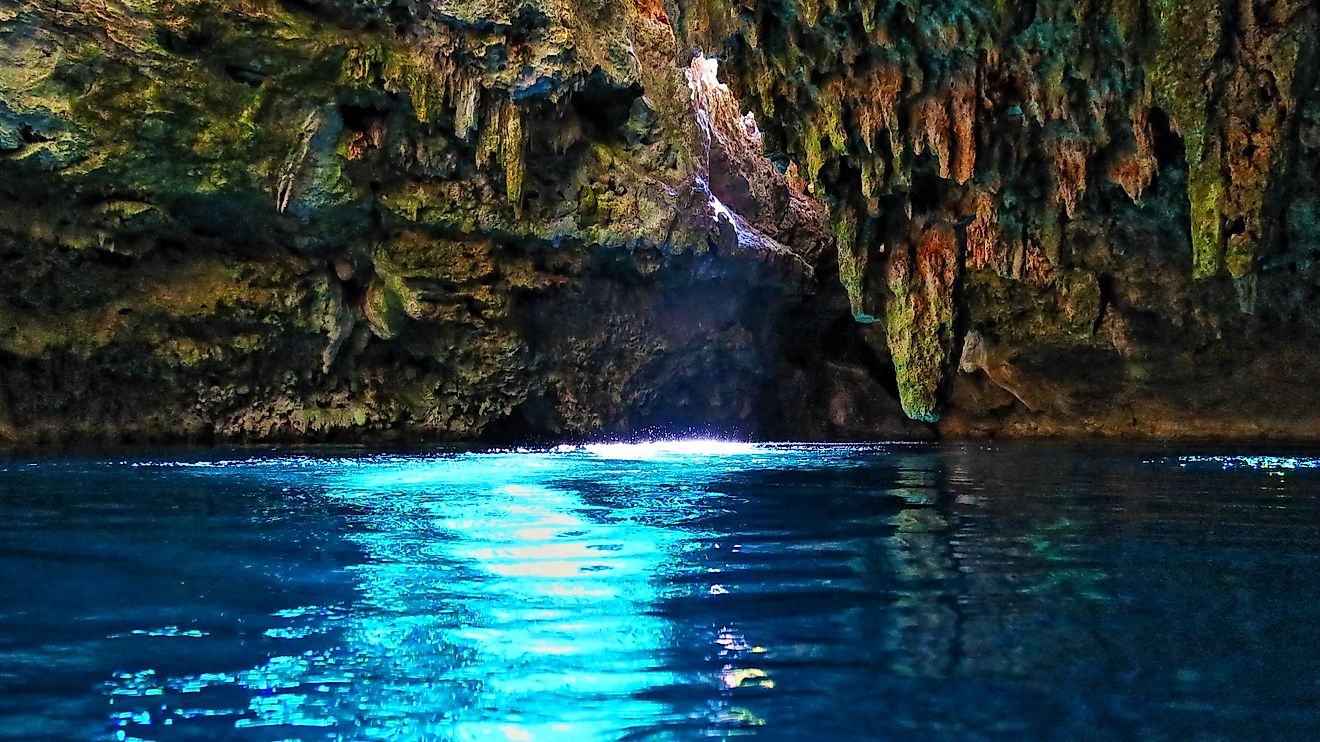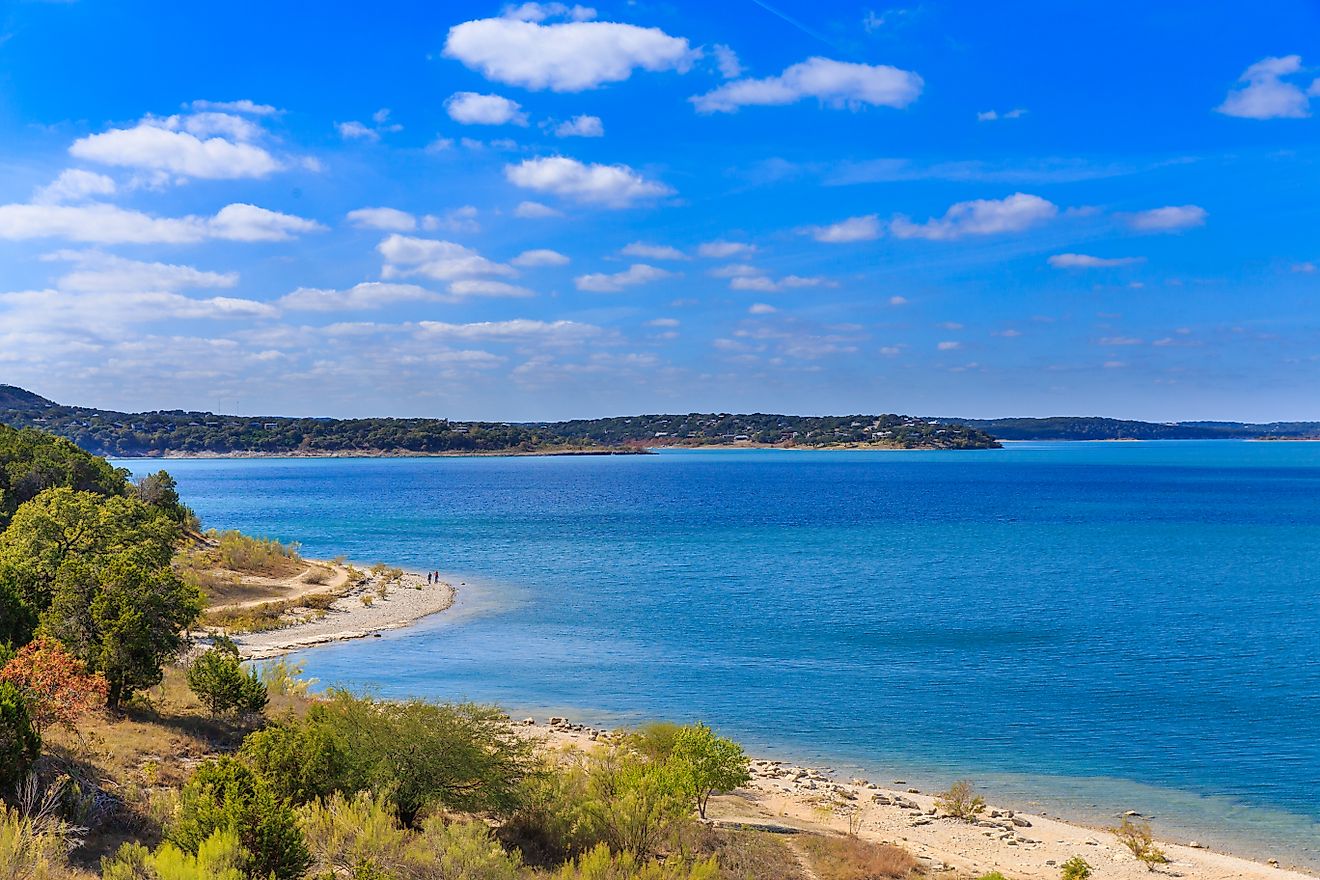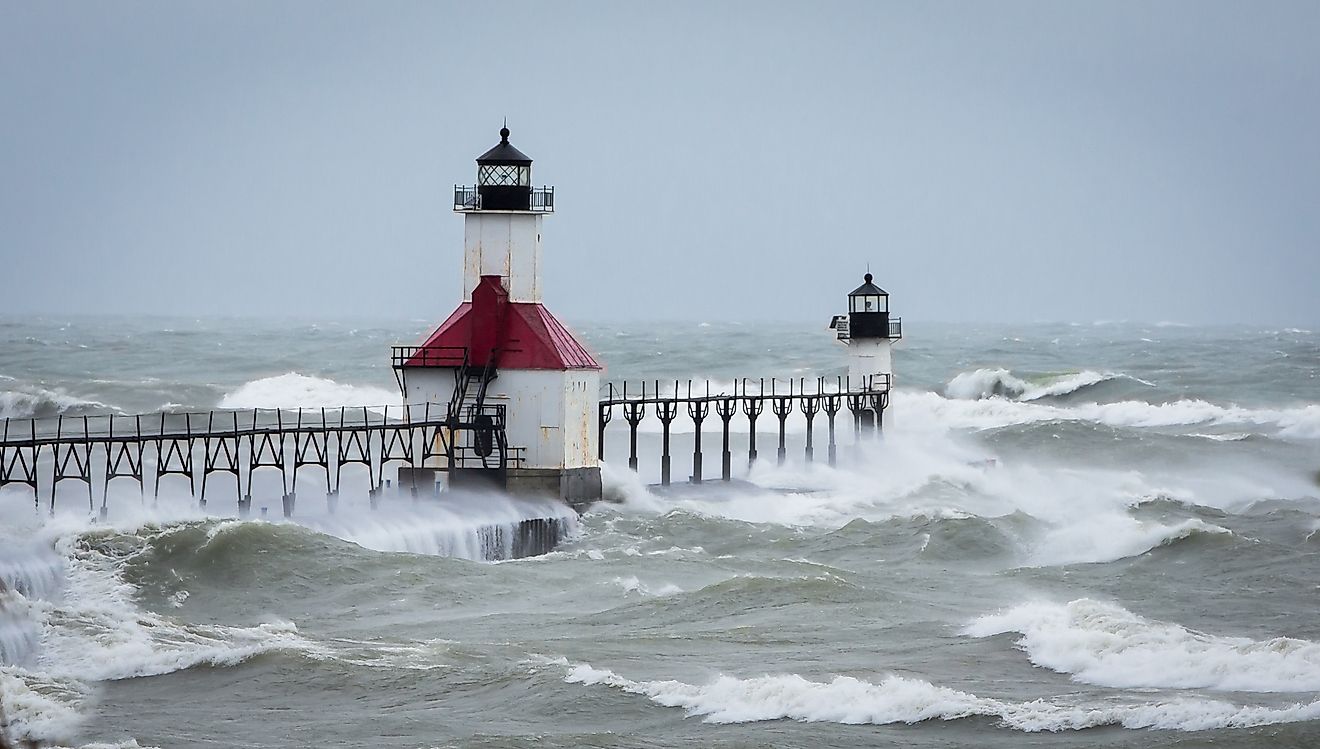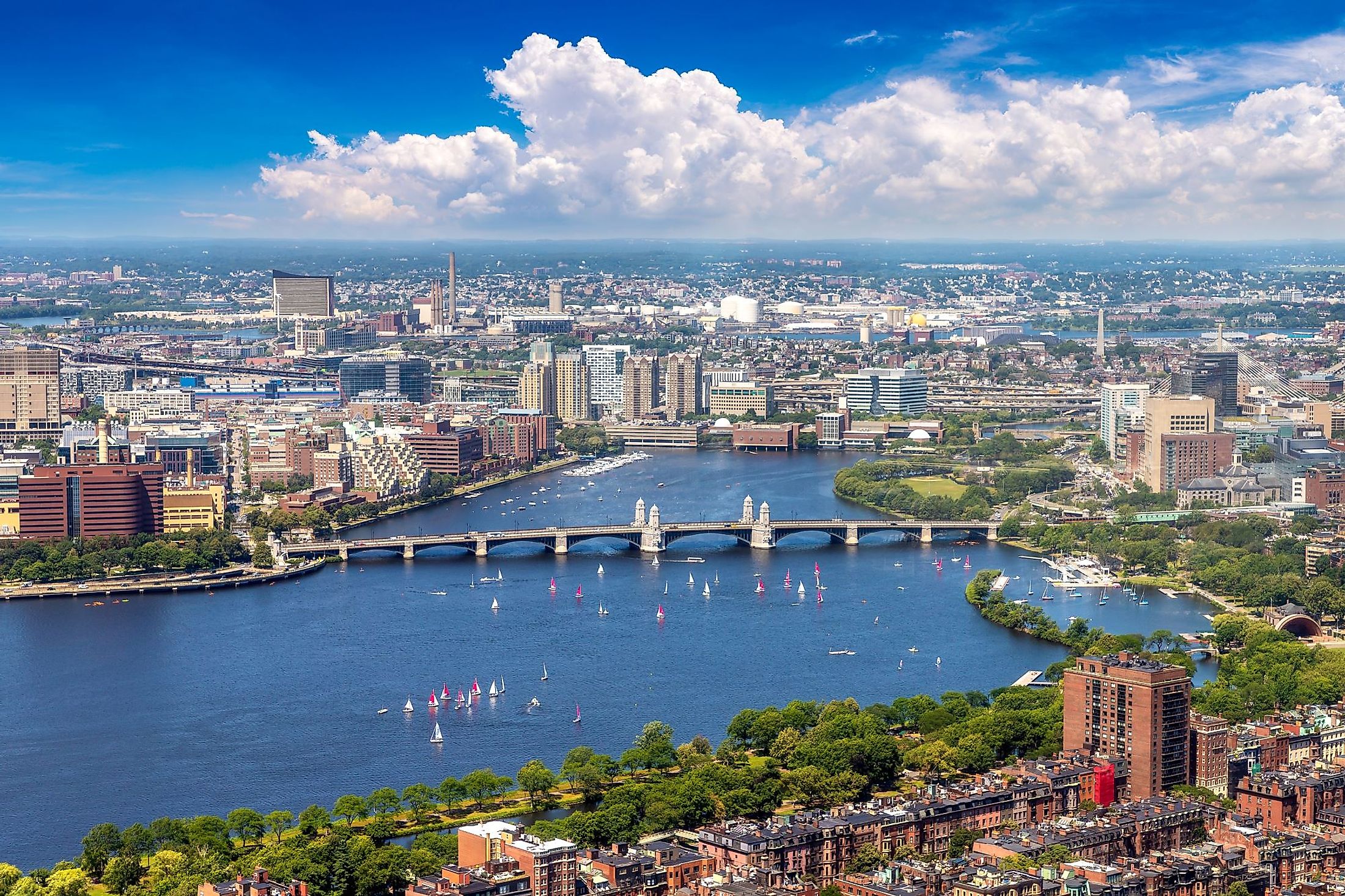
Massachusetts Bay
Massachusetts Bay is an inlet of the North Atlantic Ocean that juts out into the sea between Cape Ann and Cape Cod in Massachusetts, United States. The Massachusetts Bay forms a portion of the larger Gulf of Maine that extends along Massachusetts, Maine, and New Hampshire coastlines. It is to be noted that the northern shore of the bay is quite irregular and rocky, whereas the southern shore is marshy and covered with sand.
Geography Of Massachusetts Bay
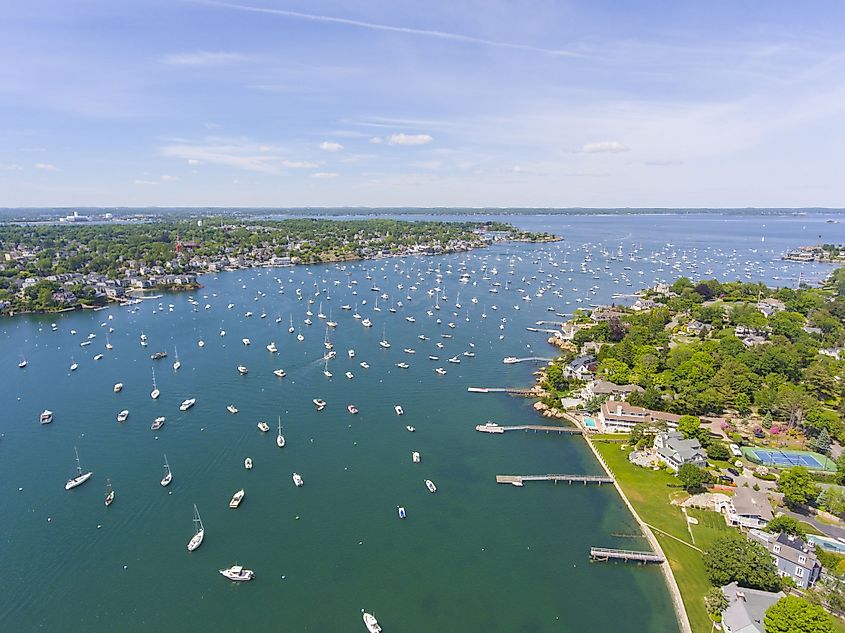
Massachusetts Bay stretches from Cape Ann to Cape Cod for roughly 68km. There are several capes and headlands along the coastline, and several small islands offshore, particularly at the entrance to Boston Harbor. The main inlets are Gloucester Harbor, Nahant Bay, Salem Harbor, Marblehead Harbor, and Lynn Harbor on the north coast; Boston Harbor, Dorchester Bay, and Quincy Bay on the west coast; and Hingham Bay on the south coast. With Boston serving as its westernmost point, the Atlantic Intracoastal Waterway enters the bay via the Cape Cod Canal. The depth is around 34km between the triangle's base and Boston Harbor.
Brief History
The Puritans, a religious party in England, established the Massachusetts Bay Colony as a charter colony. They established their colony with the intention of creating a role-model religious community in America while fleeing religious persecution. The colony's output and standard of living were exceptional at the time. They arrived in America around 1630 and had a significant influence on politics and government that is still felt today. The Anglican Church, which served as England's official church, was seen by the Puritans as corrupt and in need of change. Their belief that the church needs to be "purified" is where their name derives from. They tried to establish colonies where they could develop settlements based on the Puritanism theological ideas but were unable to reform the church themselves. The Massachusetts Bay Colony was distinctive because it was swiftly populated by migrants, which resulted in the Great Puritan Migration. The Massachusetts Bay Colony was prosperous right up until England's Restoration. Massachusetts Bay, which was becoming more and more important, aroused King Charles II's enmity, and he tried to subjugate it. He pursued to end their independence and accused them of breaking the Navigation Acts. The Massachusetts Bay Commonwealth was temporarily ended as a result. However, the American Revolutionary War's opening shots were fired in Massachusetts, proving that the years of independence were not forgotten.
Economy
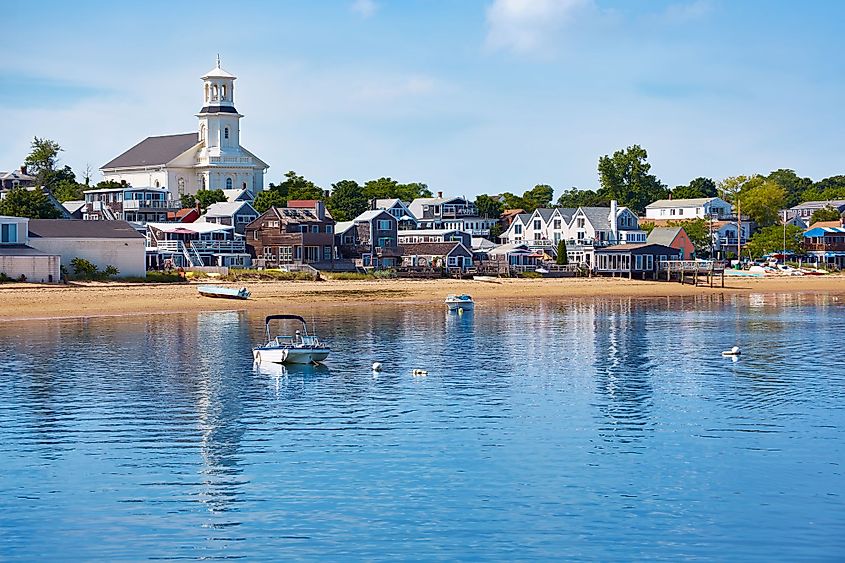
Massachusetts Bay began as a hub for agriculture. Due to the rapid development of numerous companies in the area later in the 19th century, the region swiftly became the center of the American industrial revolution. Boston, which is currently the biggest city in New England, is located in Massachusetts Bay. In the Boston area, shipping and industry are concentrated, and many of the towns and communities around the bay are hubs for tourism, fishing, and yachting. Both private fishermen and large commercial fishing industries utilize the expansive coastal region. Boston also houses some of the biggest businesses in the United States, including Liberty Mutual, Boston Scientific, and Staples Inc. Moreover, Massachusetts Bay is home to a variety of stunning landscapes that draw millions of tourists each year. The Cape Cod National Seashore and other scenic locales on Cape Cod are particularly well-known for their pleasant climates and natural beauty.
